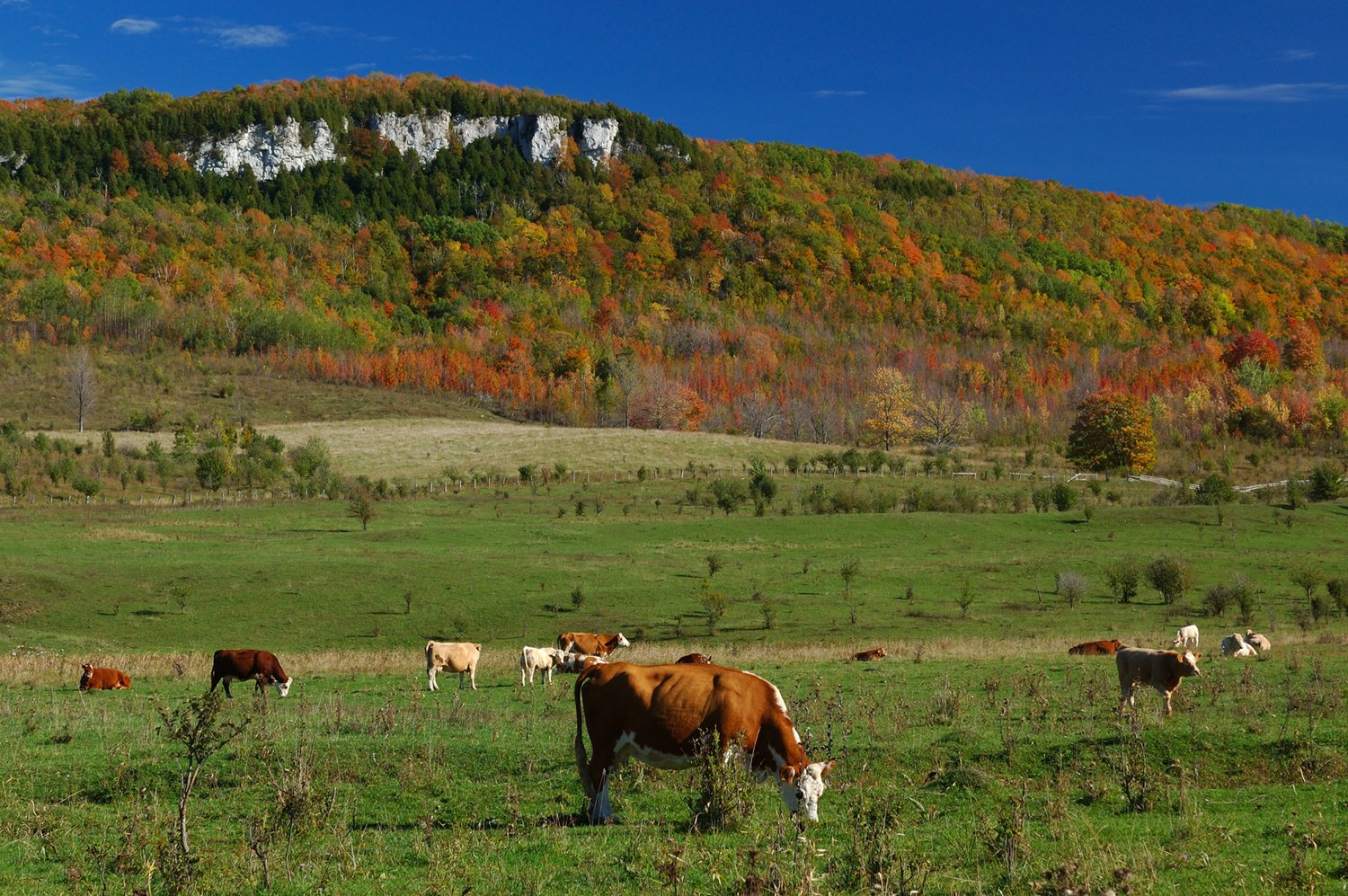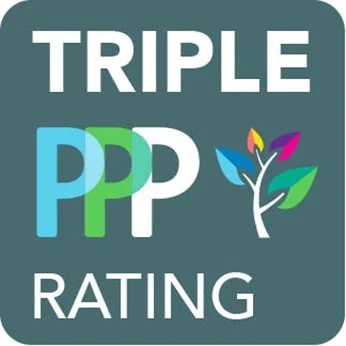
Pristine Planet-Positive Rating System
The Pristine Planet-Positive Rating System, also known as the “Triple P Rating”, is a rating system that was developed by Pristine Environment Corp. to rate brands or products based on a series of 10 categories that we deem to be important when defining a brand to be “Planet-Positive”.
For each of the 10 categories below, a brand will be scored from 1 to 10, with 10 being the most Planet-Positive. Once all the categories are tallied, the brand will receive a “Triple P Rating” out of a possible score of 100 points.
Pristine Environment endeavours to represent and work with only those brands that score a high Triple P Rating. Thus, making it easier for our customers to purchase brands that are Planet-Positive.
Pristine Planet-Positive Rating System, the “Triple P Rating”, categories:
1. Sustainable
It refers generally to the capacity for Earth's biosphere and human civilization to co-exist. And more specifically, relating to, or being a method of harvesting or using a resource so that the resource is not depleted or permanently damaged. Sustainable agriculture and sustainable production will take into account environmental as well as human terms.
2. Local
Within 100 miles (160.9 kilometres) of Toronto, Ontario Canada. Note, Thornbury Ontario is 159 kilometres from Toronto, so it is considered local and everything between Toronto and Thornbury, is therefore considered local. Pristine Environment Corp. has offices in Toronto and Thornbury, Ontario.
3. Organic
With respect to food or farming methods, it is to be produced or involving production without the use of chemical fertilizers, pesticides, or other artificial agents.
4. Carbon Footprint
The total greenhouse gas (GHG) emissions caused by an individual, event, organization, service, place or product, expressed as carbon dioxide equivalent (CO2e). Greenhouse gases, including the carbon-containing gases carbon dioxide and methane, can be emitted through the burning of fossil fuels, land clearance and the production and consumption of food, manufactured goods, materials, wood, roads, buildings, transportation and other services.
5. Zero-waste
The conservation of all resources by means of responsible production, consumption, reuse and recovery of all products, packaging, and materials, without burning them, and without discharges to land, water or air that threaten the environment or human health.
6. Clean
Clean foods are foods free of artificial preservatives, coloring, irradiation, synthetic pesticides, fungicides, ripening agents, fumigants, drug residues and growth hormones.
7. Recyclable
Is the product or packaging of the product from recycled products and can the product and/or its packaging be recycled?
8. Bio-degradable
A product and its packaging, that is capable of being decomposed by bacteria or other living organisms.
9. Cruelty Free
Means that a product and its ingredients were not tested on animals.
10. Fair Labour Practices
Fair labour is where an employer or labour organization is not violating a right or protection under applicable labour laws.


